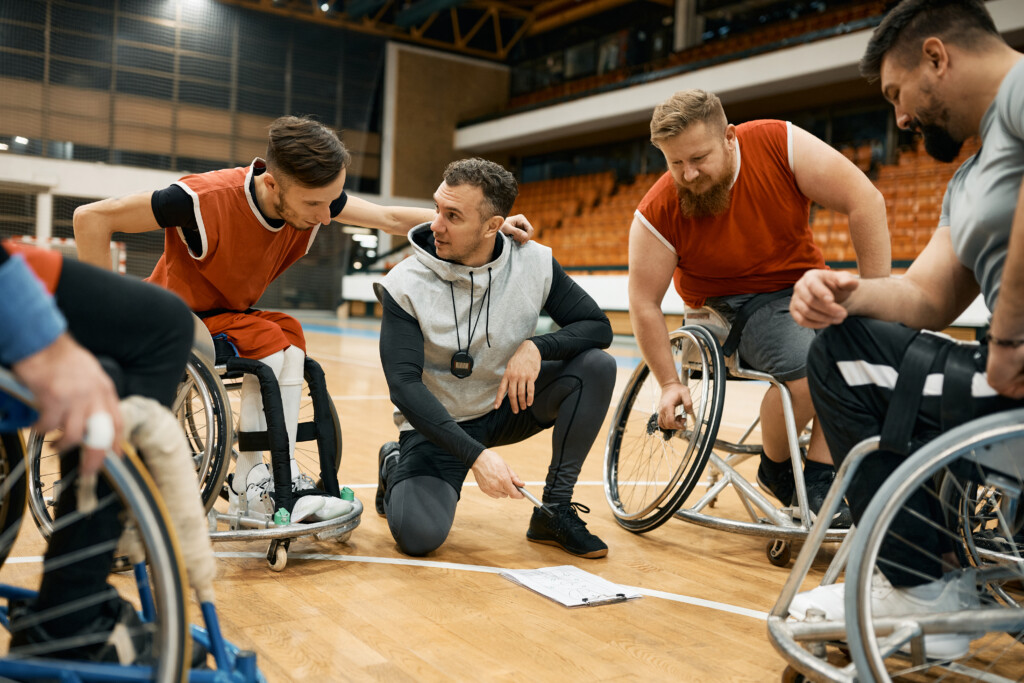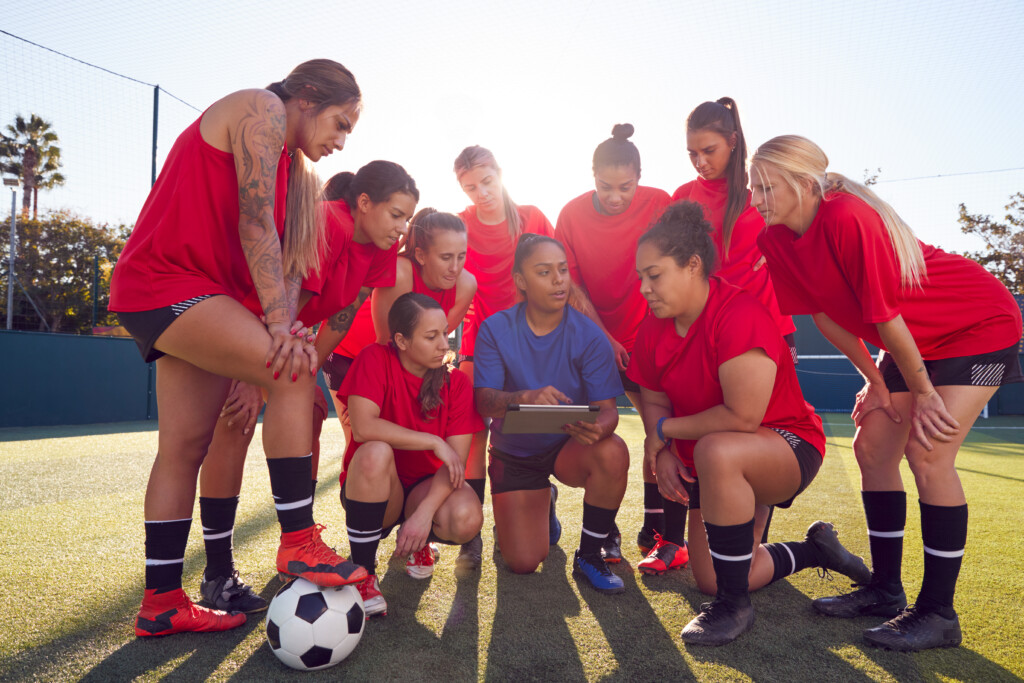Mentorship in marginalized communities
Mentoring appears to offer distinct benefits for marginalized people, particularly within the Black community. A study investigating how African American male athletic directors manage diversity and inclusion in college athletic departments revealed that these directors were uniquely positioned to support Black individuals, including athletes.
Mental health, cultural competence and sport
For coaches to be able to fully support the mental health of athletes they need to be culturally competent. Cultural competence is defined as understanding the social and cultural factors that influence one’s health beliefs and behaviours. Sport organizations need to ensure that everyone involved in sport receives the proper training and resources so that…
Inclusive language
The language used by coaches plays a significant role in fostering inclusive environments for 2SLGBTQI athletes. As a coach, some ways to make the language you use more inclusive include using athletes’ preferred pronouns and avoiding the use of gendered language, for example, by saying “hello everyone” rather than “hello guys.”
Mentorship in Para sport: The value of experiential coach learning

Coach mentoring in Para sport In many ways, coaching athletes with and without disabilities is comparable as their training, dedication, and motivation to succeed are the same. However, there are contextual differences that make coaching in the Para sport setting unique. For example, it is important for coaches to have a strong understanding of specialized…
Addressing gender inequities in Canadian university coaching

Over the last 50 years, significant progress has been made in access and opportunities for girls and women to participate at all levels of sport in Canada. Despite this progress, the number of women in coaching remains alarmingly low (Banwell et al., 2019; Burton, 2019; Serpell et al., 2023). This is particularly true in the…
Cultural competence in sports psychology
A recent global study shows that sports psychology professionals must prioritize cultural competence beyond a checklist, considering it an ethical duty for effective practice. The research highlights the need to actively develop this competence through learning from mistakes and open conversations, grounding it in personal and professional experiences for meaningful cultural understanding.
KidsAction Coaching
KidsAction Coaching is an evidence-based coaching approach developed by researchers at the University of British Columbia (UBC) to support the development of children with neurodevelopmental or intellectual disability (NDD). KidsAction offers free resources and tools to community-based coaches, organizations and families to make physical activity more accessible and enjoyable for all children, of all abilities….
Laura Watson ( laura.watson@ownthepodium.org ) @ 02/12/2024 2:20 pm
Safer spaces for Black women coaches
Creating safer spaces to promote belonging and community, particularly among Black women, helps address feelings of isolation and otherness. Offering opportunities for knowledge exchange can prevent the loss of notable talent and stimulate peak performance and retention. Safer spaces, sponsorships and platforms for dialogue all help promote diverse and equitable coaching spaces.
Fostering strong coach-athlete relationships in university sports
University sports’ coach-athlete relationships are complex, with short seasons intensifying the challenge. Based on research findings, coaches should prioritize closeness, encourage trust through vulnerability, clarify commitment expectations, enhance communication, and ensure alignment with their coaching philosophy. Addressing the complexity and power dynamics can help create inclusivity and foster effective and stronger bonds.